The decision to cut some 9,000 jobs came as a shock, coming on the heels of the software giant’s $80 billion investment in AI-powered data centers. But that shock quickly turned to outrage when an executive from the powerful Xbox division suggested that those who had lost their jobs should turn to AI for comfort and healing.
This story is no longer just about corporate restructuring, but about the brutal disconnect between machine logic and human emotion, a perfect slice of the greatest paradox of the AI era.
Good Advice and the Flames of Wrath
Matt Turnbull, an executive producer at Xbox Game Studios, probably didn't anticipate the consequences when he posted his confessions on LinkedIn.
The post, which has since been deleted but was quickly saved by the online community, began with the sympathetic words: "These are very difficult times, but remember that you are not alone and you do not have to go through this alone."
Turnbull then shared his own experience experimenting with large language models (LLMs) like OpenAI’s ChatGPT and Microsoft’s own Copilot. He believes that, despite many people’s mixed feelings about AI—a technology that has been blamed for putting them out of work—it can still be a useful tool.
“No AI tool can replace your own voice and life experiences,” he writes. “But in times of mental exhaustion, these tools can help you get through the blocks faster and stay calm.”
He even offers a series of detailed suggestions, such as using AI to rewrite your resume, compose messages for recruiters, act as a virtual “career coach,” and even “reframe” feelings of self-doubt after the shock of being fired.
In theory, these are practical and useful tips. But in this particular context, it comes across as “insensitive,” “cold,” and “inconsiderate,” as countless comments on social media X put it. The problem is not the use of AI, but the context and timing.
Brandon Sheffield, a BlueSky user, hit the nail on the head: “I realize that people have trouble seeing the big picture. But if your company just laid off thousands of people, it’s probably best not to tell them to turn to the same tool you’re using to replace them as a way to relieve stress.”
Turnbull’s advice, though well-intentioned, taps into a deep fear among workers: the fear of being replaced, of being made redundant by emotionless algorithms. A recent survey found that 41% of workers fear losing their jobs to AI. His advice adds fuel to that fire of insecurity.
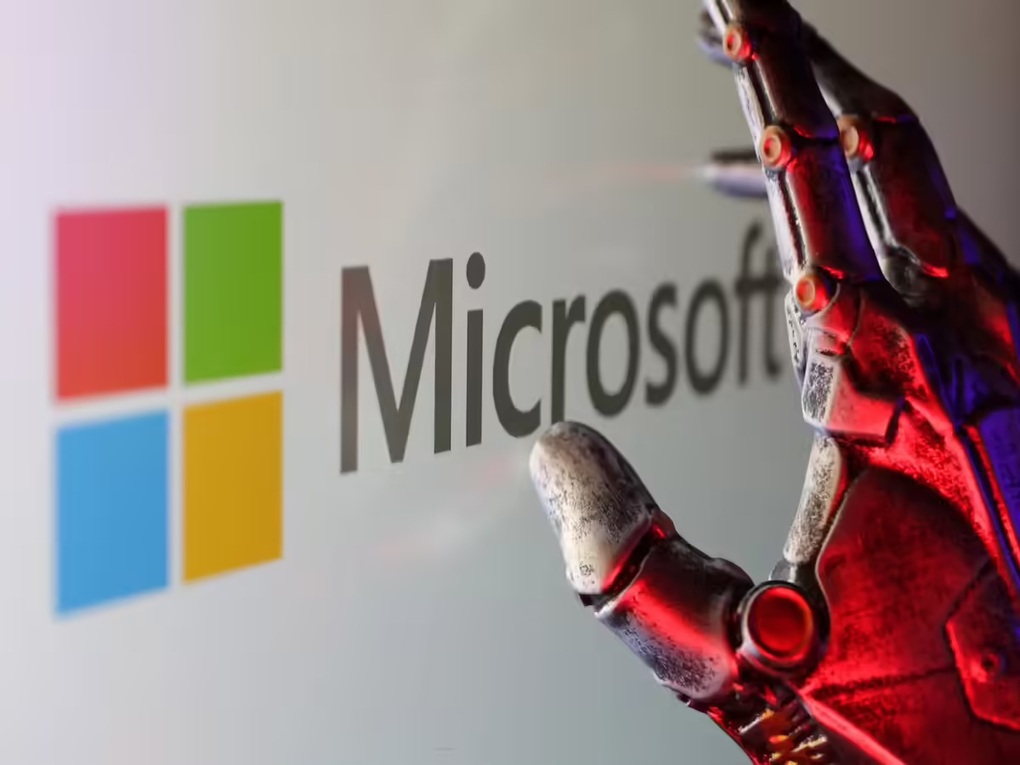
After Microsoft's latest round of layoffs that left around 9,000 employees out of work, an Xbox executive made headlines when he suggested that those affected could seek support and career advice from AI tools (Illustration: Reuters).
Dissonance from the leadership
The situation became even more tense when an internal email from Phil Spencer, Director of Microsoft's Gaming division, was suddenly leaked. While thousands of employees were panicking about the risk of losing their jobs, the overly optimistic tone in Spencer's email made many people feel indignant.
“It’s true that these changes come at a time when we have a huge player base, a strong lineup of games, and record hours played,” Spencer wrote. “Our platform, hardware, and game development pipeline have never been stronger.”
The message, while perhaps true from a business perspective, strikes a sour note. It reflects the growing gap between leadership—who focus on growth metrics and strategic performance—and the feelings and realities of marginalized employees. It’s a clear indication that empathy is becoming increasingly rare in the boardroom.
Microsoft calls the layoffs part of an “organizational restructuring” and “streamlining” aimed at “repositioning the company for long-term success.” But those technical terms ring hollow next to the job losses and uncertain futures of hundreds of people.
A "pandemic" of the entire technology industry
Microsoft is far from alone. The 9,000 layoffs are just the latest chapter in a massive shakeup taking place across Silicon Valley, all in the name of AI and efficiency.
Meta, Facebook’s parent company, cut about 5% of its workforce at the beginning of the year. Alphabet, Google’s parent company, has also been making layoffs to focus on AI initiatives. Amazon has cut thousands of positions, especially in areas that are no longer strategic priorities.
The biggest paradox is that tech giants are pouring hundreds of billions of dollars into building an AI-driven future while simultaneously cutting the human resources that made their success possible. And then they encourage those laid off to adapt to AI. This cycle creates a sense of betrayal, of being left behind by the very wave of innovation they once were a part of.
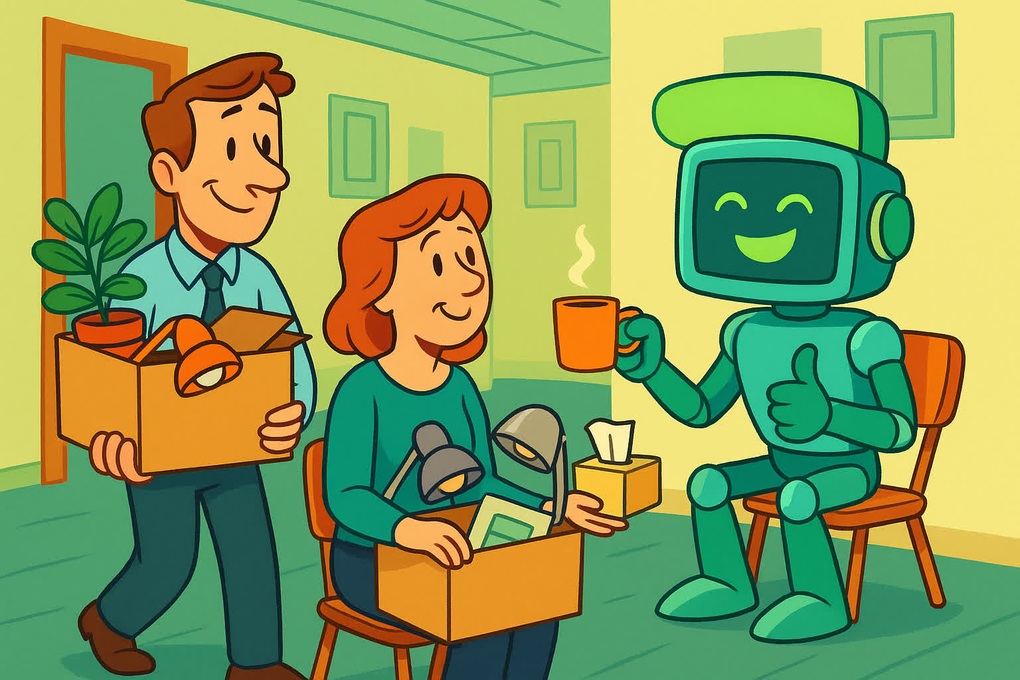
A series of technology giants cut staff to focus on investing in AI (Illustration: TechSpot).
The Microsoft incident is a wake-up call. It shows that in the AI arms race, leaders are at risk of forgetting their most valuable assets: people and human connection.
AI can do amazing things. ChatGPT can help you write the perfect resume. Copilot can help you create a detailed project plan. But there’s one thing they can’t do: sense.
They can’t share someone else’s sadness, can’t put themselves in someone else’s shoes, can’t provide the genuine comfort that only a human can provide. In an age where everything can be automated, empathy—the ability to understand and share another person’s emotions—has become a crucial and irreplaceable skill, at least for now.
The AI revolution will continue to march forward. But the story of Matt Turnbull and 9,000 Microsoft employees is a powerful reminder that real progress is not measured by the processing power of chips or the intelligence of algorithms. It is also measured by how we treat each other during this tumultuous transition. And that is a lesson that no great language model can teach.
Source: https://dantri.com.vn/kinh-doanh/tam-su-voi-ai-sau-sa-thai-loi-khuyen-soc-tu-lanh-dao-microsoft-20250709220454268.htm








![[Photo] President Luong Cuong receives Speaker of the New Zealand Parliament Gerry Brownlee](https://vphoto.vietnam.vn/thumb/1200x675/vietnam/resource/IMAGE/2025/8/29/7accfe1f5d85485da58b0a61d35dc10f)
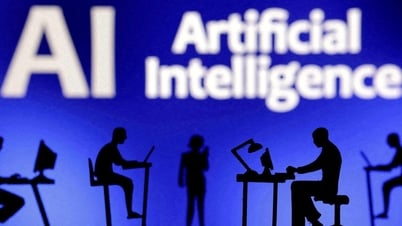

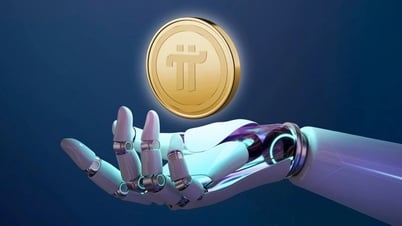
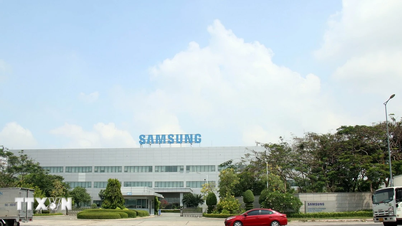



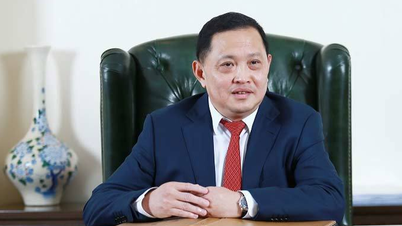













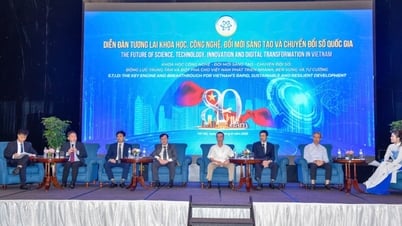














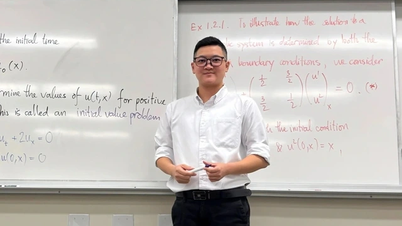

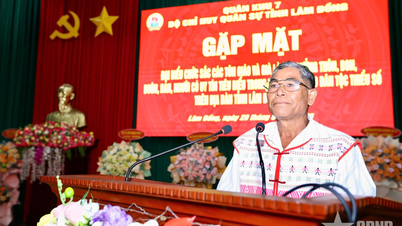

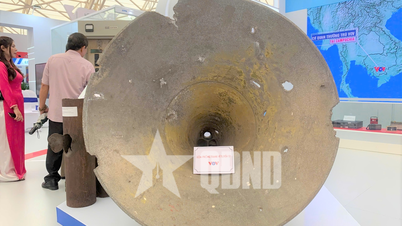


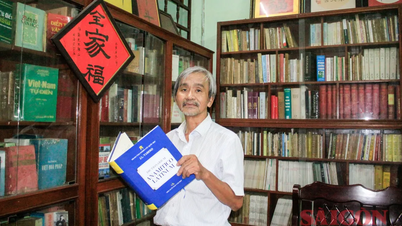





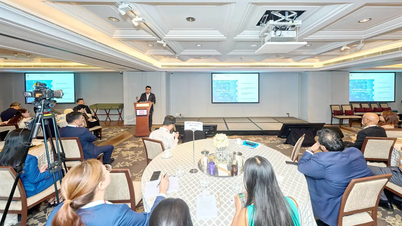



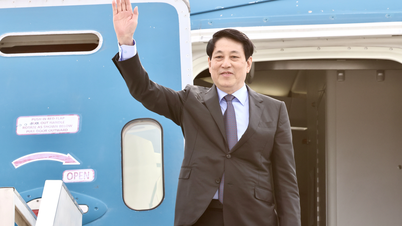
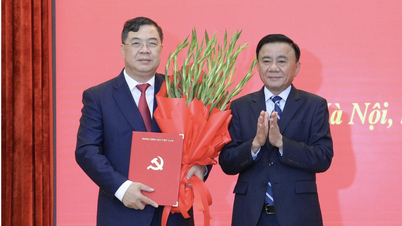

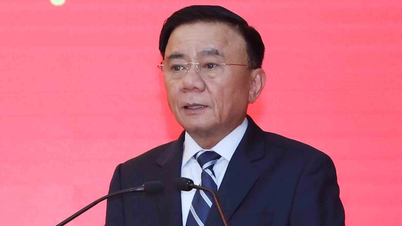
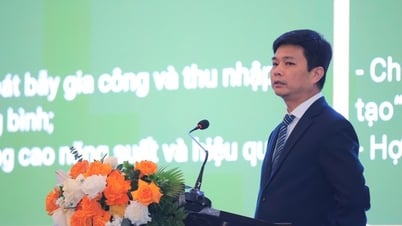




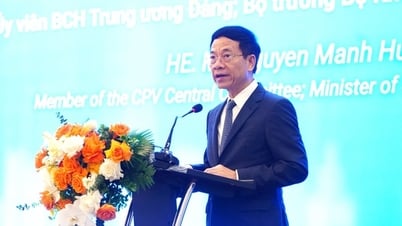

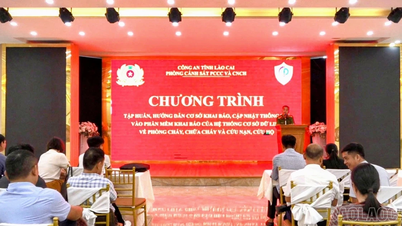






















Comment (0)